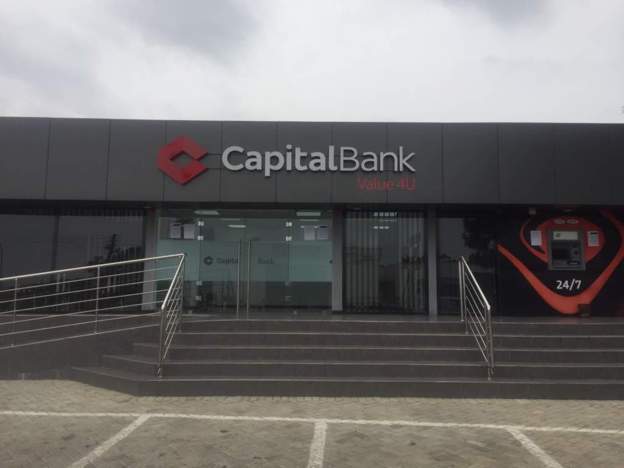Two local banks in Ghana, Capital Bank and UT Bank have had their licenses revoked by the country’s central bank over lack of funds.
The Bank of Ghana on Monday announced that these two banks will now be taken over by another local bank the GCB Bank Ltd.
A statement by the Bank of Ghana said it has “approved the Purchase and Assumption transaction with GCB Bank Ltd that transfers all deposits and selected assets of UT Bank Ltd and Capital Bank Ltd to GCB Bank Ltd.”
The central bank explained that “This action has become necessary due to severe impairment of their (banks) capital. The remaining assets and liabilities will be realised and settled respectively through a receivership process to be undertaken by PricewaterhouseCoopers (PwC).
The news has created panic among customers of the two banks who according to local media have rushed to the banks to withdraw their savings.
However the Bank of Ghana has said that “All deposit customers will continue to have access to their funds. UT Bank and Capital Bank branches and ATMs will continue to operate as normal as GCB bank branches and ATMs. All staff in the interim will become staff of GCB bank and GCB Bank will negotiate the terms of their contract.
The banking industry in Ghana has been struggling for some time now with some banks facing challenges to raise adequate capital for their operations.
The central bank said in its statement that “the approval of this transaction is to strengthen Ghana’s banking sector, ensure financial stability and protect depositors’ funds.”
Source: Africafeeds.com



